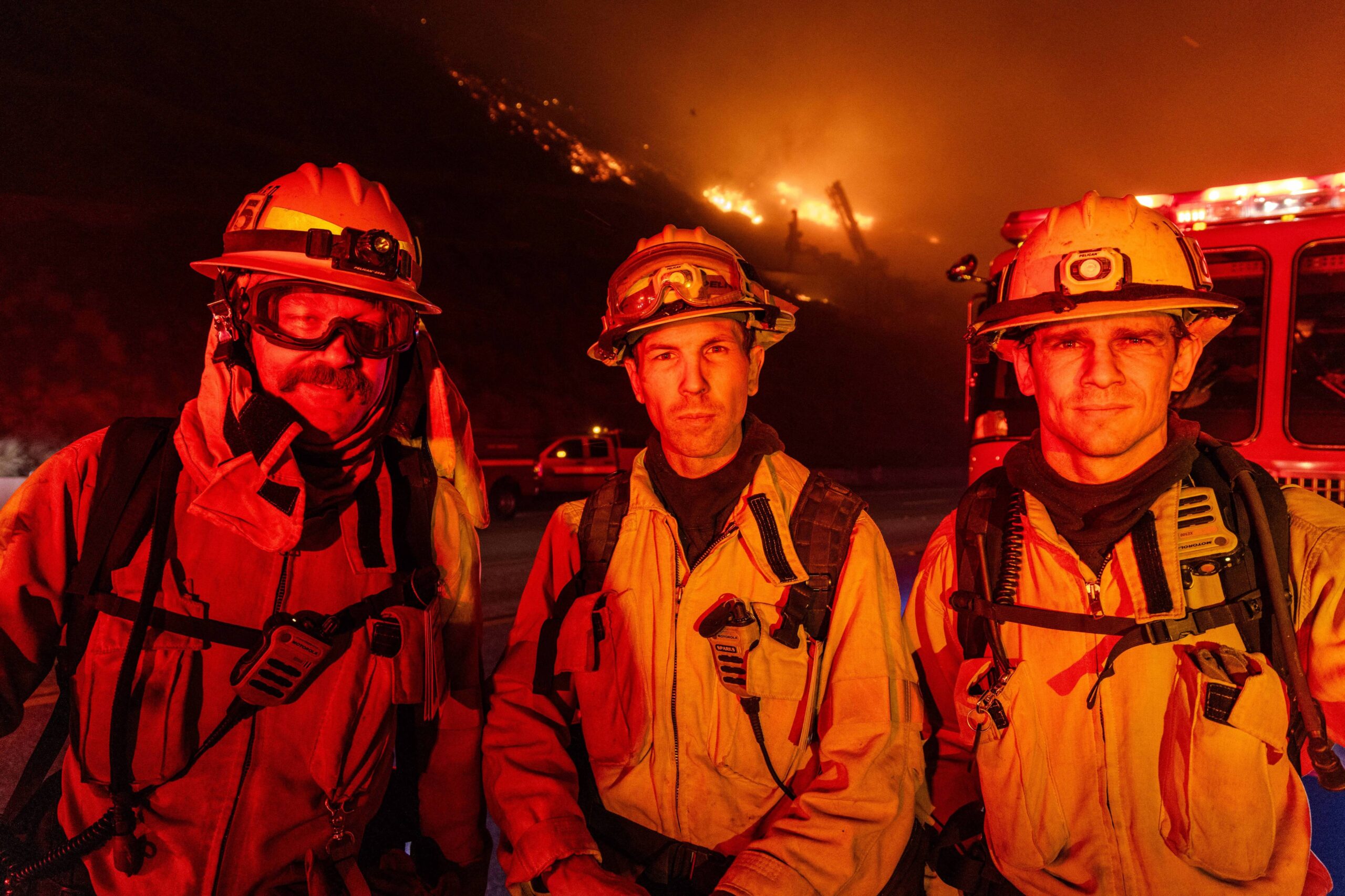A new national survey offers insight into which professions Americans believe are the most demanding — and underscores the continued respect for those in physically and mentally challenging roles.
According to a survey conducted by Talker Research and commissioned by Bosch Power Tools, firefighters (48%), construction workers (44%), military personnel (38%) and doctors (38%) top the list of “the toughest jobs in America.” Police officers, EMTs, astronauts, farmers, air traffic controllers and oil workers rounded out the top 10 toughest jobs according to the poll, which surveyed 2,000 Americans, including 1,000 trade workers.
Completing the top 20 toughest jobs were nurse (18%), roofer (16%), electrician (16%), home builder (16%), engineer (15%), pilot (14%), teacher (14%), lawyer (13%), carpenter, woodworker or cabinet maker (12%), and drywall/plaster installer (12%).
Respondents identified various attributes that make certain jobs particularly tough. Descriptions included tasks that involve “solving other people’s problems all day with little to no help,” “constantly making quick decisions and being stuck in stressful situations daily,” and roles that “push physical and mental limits.”
Trade workers — who are on the front lines of industries such as construction, electrical work, and plumbing — were particularly candid about the challenges they face. The survey found that 50% of trade workers view their jobs as difficult, compared to just 21% of workers outside the trades. Overall, 40% of all employed respondents rated their jobs as hard, and one in five said their job requires them to be “extremely tough.”
The public largely agrees that trade professionals deserve more recognition. According to the findings, 72% believe trade workers are generally tougher than non-trade workers, and 81% agree that they do not receive enough credit for their contributions.
Despite the challenges, trade work continues to appeal to many. Nearly half (49%) of non-trade respondents said they would consider switching to trade work, and 68% of those who did not have access to trade classes in high school said they would have enrolled if they had the chance.
“Pursuing a career in the trades offers a variety of benefits with hands-on experiences that cultivate practical skills and provide a lifelong sense of purpose,” said Robert Hesse, regional president of Bosch Power Tools in North America. “Just like any job, being a trade worker has its challenges, but in a world of shifting industries, the skilled trades remain a reliable and rewarding path for more and more Americans.”
The survey also revealed a growing push for safety improvements on job sites. Ahead of Construction Safety Week, trade workers said they want more support from employers, particularly in areas such as equipment training (32%), general safety training (28%), and emergency preparedness (27%). More than half (57%) reported having up to four “close calls” in the past year, and nearly one-third (31%) said they had left a job or worksite because they felt unsafe.
“In the trades, every task carries weight — and so does every safety step,” said Hesse. “Wearing your safety gear, using tools and equipment correctly, following protocols and staying alert isnt just about rules; its about making sure you get home safe and healthy. Safety is the foundation of every successful trade. By committing to safety, you honor the craft, protect your future and set the standard for excellence in one of the most essential — and tough —professions.”
Beyond safety and recognition, many trade workers shared what they want others to know about their work. Responses included, “without trade workers, nontrade jobs wouldn’t be available,” and “it takes more than physical strength. You have to be smart and problem solving.”
The surveys results suggest growing appreciation for trade careers, with 88% of respondents saying they would encourage young people to pursue trade jobs.

 Celebrity News1 week ago
Celebrity News1 week ago
 Entertainment6 days ago
Entertainment6 days ago
 Celebrity News1 week ago
Celebrity News1 week ago
 Celebrity News1 week ago
Celebrity News1 week ago
 Celebrity News1 week ago
Celebrity News1 week ago
 TV Shows6 days ago
TV Shows6 days ago
 News6 days ago
News6 days ago
 News6 days ago
News6 days ago
 Celebrity News1 week ago
Celebrity News1 week ago
 News6 days ago
News6 days ago
 Celebrity News5 days ago
Celebrity News5 days ago
 TV Shows1 week ago
TV Shows1 week ago












